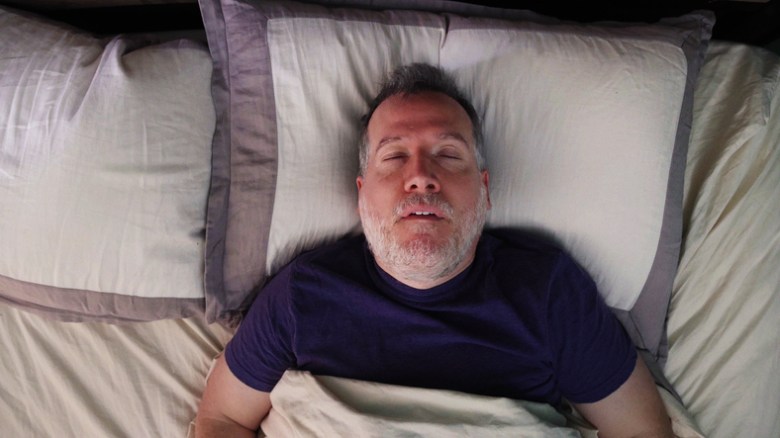A Neurologist Explains Everything You Need to Know About Migraines—and How to Avoid Them



There’s nothing quite like the misery of a migraine. If you’re among the nearly 20% of women who suffer from these headaches, you know how painful they can be. But there’s new reason for hope: Researchers are finally shedding light on what was once a mostly misunderstood medical phenomenon. “Even just 10 years ago, doctors thought migraines were a blood vessel problem,” explains Geoffrey Eubank, M.D., medical director of the Mid Ohio MS Center at OhioHealth Neurological Physicians in Columbus. “Now we know they are neurological, meaning they’re caused by a burst of cellular activity in the brain. And that has contributed to innovations in treatment.”
This is especially good news for women, since they are three times as likely as men to get a migraine. You could blame estrogen, though the link between the hormone and brain pain isn’t entirely clear. “Fluctuations in estrogen appear to trigger migraines,” says Eubank, which is why some women are more likely to get a migraine right before their period, during or after pregnancy, or during menopause.
But other common migraine triggers aren’t gender-specific. Think alcohol, artificial sweeteners, cured meats (like hot dogs and salami), foods that contain the compound tyramine (including aged cheese, some soy products and red wine), dairy, chocolate, gluten, nuts and the additive monosodium glutamate, aka MSG.
Then there’s the weather. Some migraine sufferers are especially sensitive to changes in barometric pressure—such as the drop that occurs right before a thunderstorm or when you’re ascending in a plane.
Warmer temperatures may be another trigger: A Harvard study found that every 9-degree increase in temperature led to a 7.5% increase of severe headaches, including migraine. (With global warming on the rise, some experts think that could mean more pain for some women.)
Your day-to-day habits can play a role too. Skimping on sleep or an irregular sleep schedule (waking up and dozing off at different times most days) can prompt a migraine. So can stress; though plummeting cortisol levels after a tense period are sometimes even more likely to trigger an attack than tension itself—hence the dreaded “weekend migraine.”
No matter what’s setting off your headaches, try to resist any urge to blame yourself, says Rebecca Erwin Wells, M.D., a headache specialist at Wake Forest Baptist Medical Center in Winston-Salem, North Carolina. “I can’t stress this enough: Migraines are a brain condition with a very strong genetic component.” She says she sees too many female patients who tell her they’re at fault for their pain, because they don’t relax enough or can’t stick to an elimination diet. It’s more complex than that—and as Wells notes, berating yourself misses the real point, which is that there are many practical approaches that can help ease your discomfort and ward off future attacks.
© Meredith Operations Corporation. All rights reserved. Used with permission.

















